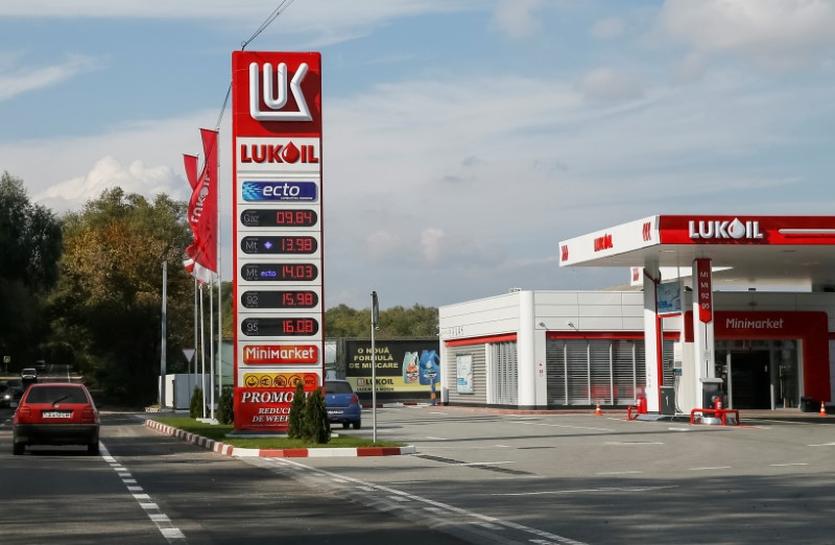Canadian Banks, including RBC, hold millions in Russian Oil

As world governments and corporations push back against Putin’s aggression by pulling out of Russian business, many financial giants and investors don’t seem to have a problem propping up Putin’s war machine.
As reported in the National Observer, a new report from Stand highlighted holdings in Russian oil, gas, and coal companies by global investors. Canada had many investors on the list, including RBC.
New research from international climate non-profit Stand.earth shows Manulife, RBC, CIBC, BMO and others have collectively financed Russia’s three largest oil and gas companies — Gazprom, Lukoil and Rosneft — with more than US$110 million worth of investments. The data was compiled using financial software called a Bloomberg terminal that tracks investments in real-time.
According to the data, RBC owns $6.3 million in shares of Lukoil and over $31 million worth of bonds from Gazprom. Similarly, BMO owns $4.3 million worth of shares as well as $3.3 million worth of bonds in Gazprom. CIBC holds $7.8 million worth of shares in Lukoil and just over $240,000 worth of shares in Rosneft.
Other financial institutions supporting the Russian oil and gas giants include AGF Management, MD Financial Management, Sun Life Financial, Desjardins Trust, Fidelity Investments Canada, 1832 Asset Management and Power Corp of Canada.
Stand.earth climate finance director Richard Brooks told Canada’s National Observer that even if the total figures aren’t enough to fundamentally change the calculus of the invasion of Ukraine, these institutions should divest themselves as part of the Canadian response to Russia, from symbolic actions — like lighting up the CN Tower in Ukraine’s colours to other economic tactics like sanctions.
“The investment isn’t in the billions of dollars, but that doesn’t mean Canadian financial institutions are off the hook in terms of taking responsibility for where their money is being invested and what kind of activities their money is supporting,” he said.
“If Vladimir Putin didn’t have Russian oil and gas revenue, then he wouldn’t have been able to amass the war chest that he has to be able to invade Ukraine,” he added.
Read the full article at the National Observer.
